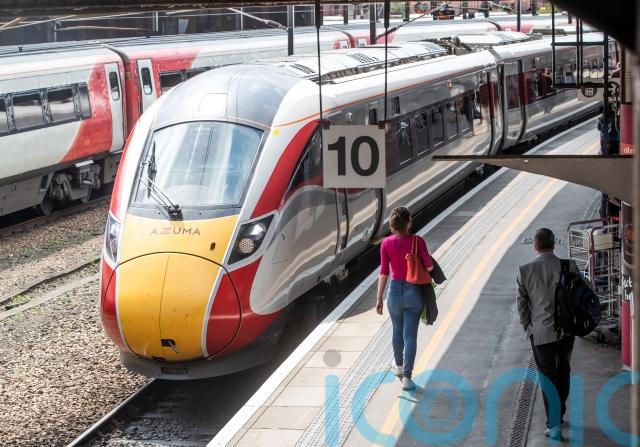
Cracks on trains discovered last year were caused by excess movement and aluminium corroded by salt in the air, an investigation has found.
Fatigue cracking in the area above the wheels of Hitachi-built Class 800 trains was a result of the rolling stock experiencing more movement than allowed in original designs, rail safety regulator the Office of Rail and Road (ORR) said.
It is not known for certain why this happened but potential factors identified include wheel wear – which is when the shape of wheels changes during use – and track design.

The ORR found that cracks on lifting points – which allow carriages to be raised during maintenance work – resulted from the use of a particular type of aluminium which was corroded by salt in the air.
The withdrawal of Class 800 trains until additional safety checks were introduced led to a week of severe disruption to services last May.
Affected operators were Great Western Railway, London North Eastern Railway, TransPennine Express and Hull Trains.
Subscribe or register today to discover more from DonegalLive.ie
Buy the e-paper of the Donegal Democrat, Donegal People's Press, Donegal Post and Inish Times here for instant access to Donegal's premier news titles.
Keep up with the latest news from Donegal with our daily newsletter featuring the most important stories of the day delivered to your inbox every evening at 5pm.